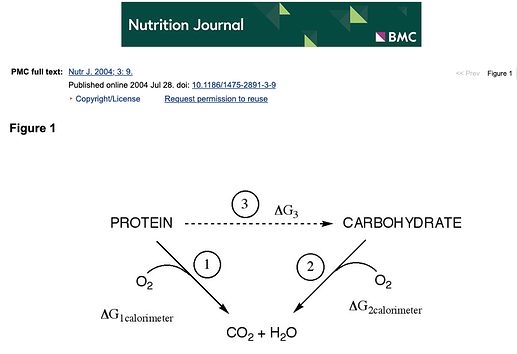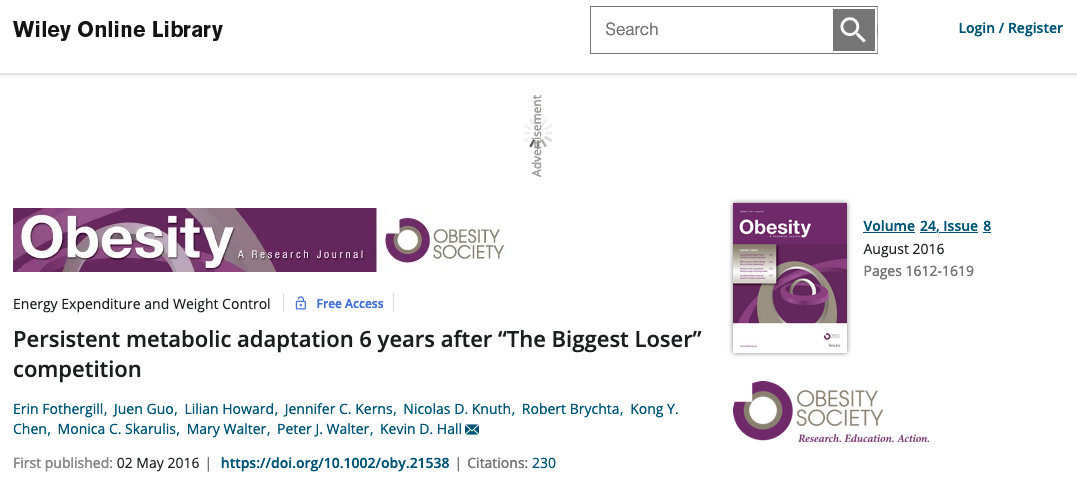Saying, “a calorie is a calorie,” has no context. It’s like saying “a gram is a gram” or “a carbohydrate is a carbohydrate.”
All right then.
Yet again, this is massively illogical. You are absolutely kidding yourself. Even using your incorrect view of CICO, there are times that it proves out.
-
Consider “calories in, calories out.” Several people have pointed out that there are two quantities there. It is nonsensical to act like there is no relationship between them, i.e. there must be a comparison, a balance. Yet your statement implies that there are two different things, that CICO is not an energy balance.
-
Or, let us not worry about that, and proceed…
 Quite reasonable.
Quite reasonable. 
Okay, let’s go with that. As in your previous paragraph, nobody sane would argue with the proposition that under certain conditions a predictable weight gain or loss will be observed. We can construct examples that undeniably bear this out. Or we could just do it. 
Very reasonable here too; I agree that this can and does happen. Here too, we can construct examples that undeniably bear this out. In the case of many individuals on this forum, we can testify to those hormonal effects.
But they don’t have to be the driver. Some people have enviously fast and effective insulin response, and it’s much more just the quantities of in and out.
Thus, even when we begin with the incorrect view of CICO - the one you correctly note that people should not use - it’s still sometimes correct. So it’s silly to talk about any “universal failure.” Let’s look at the complete picture at that point and say that “Sometimes it’s right and sometimes it’s wrong.”

 Here’s what I got:
Here’s what I got:



 It still involves desire.
It still involves desire.